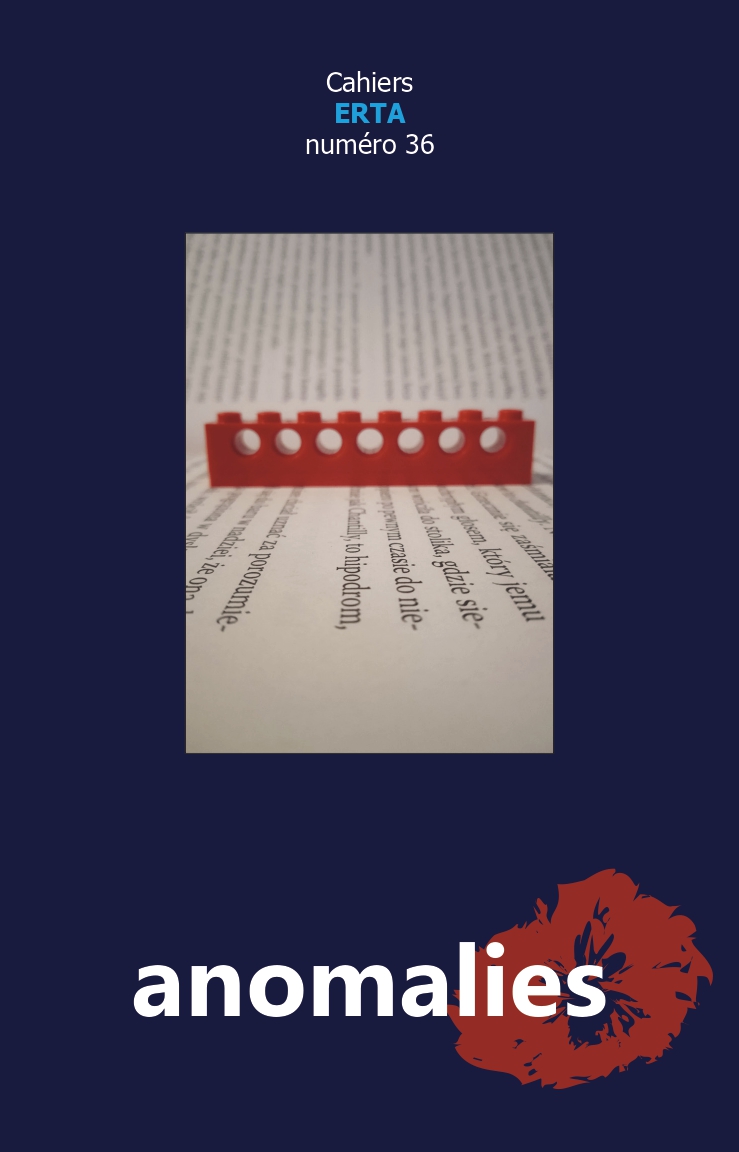Anomalie littéraire : la plume comique d’Hélène du Taillis
Mots-clés :
romans comiques, écrivaines françaises XXe siècle, écriture comique d’autrices, ironie et transfictionnalité, Hélène du TaillisRésumé
When we think of classic comedic novels, the names of male authors such as Rabelais, Cervantes, or Scarron often come to mind. However, the contributions of women writers to this genre have been overlooked as literary anomalies. Hélène du Taillis (1873-1961), a French journalist and writer, is a literary anomaly in the history of early 20th-century French literature. She wrote not one but two successful and critically acclaimed comedic novels, "Enterrons l’adultère" (1923) and "La Nouvelle Bovary" (1927), at a time when this genre was largely dominated by male writers and considered marginal literature (and still is today). This article aims to examine Taillis's two novels from the perspectives of Hamon and Saint-Gelais on irony and transfictionality. By doing so, highlighting the unique aspects of Taillis's comedic writing, demonstrating that a comical heritage also exists among women writers.

 Revues scientifiques académiques
Revues scientifiques académiques





